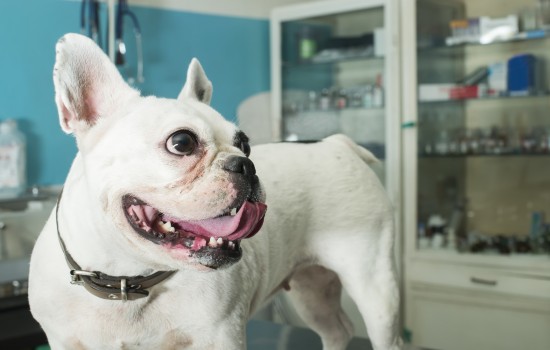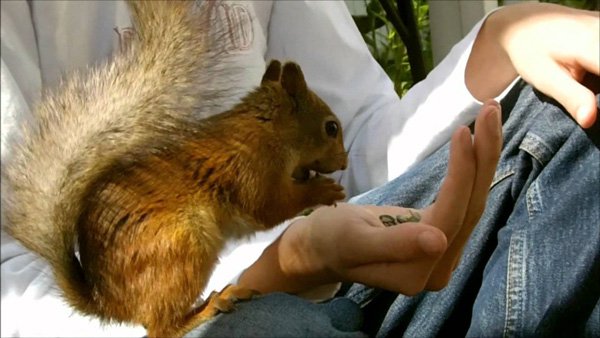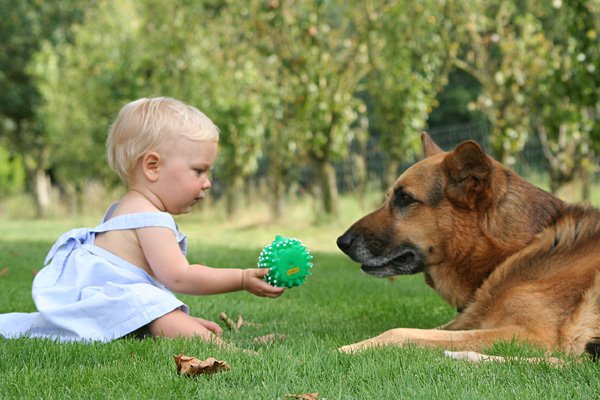

Looking after a dog can be both challenging and expensive, and there is always a lot to think about just on a day-to-day basis, without even getting into addressing out of the ordinary occurrences or the occasional problem that is apt to crop up now and again. Sometimes it can be easy to overlook minor issues or become a little slack in some of your dog care protocols, thinking that they are minor undertakings that can be managed later on, or that they will not have any significant effect upon your dog’s health and wellbeing.
This is a dangerous path to go down, however, and there are a few common lapses that many dog owners will have committed at some point, without incident. However, some of these small things can ultimately have large, long term and expensive consequences, which the dog owner may not become aware of until a problem has arisen and taken hold!
Read on to learn about five minor dog care mistakes that can have major consequences.
A small raised patch of hair or a circular bald patch on your dog can be easy to overlook or write off as simply one of those things that will go away on its own. But this may be an indication of ringworm in the dog, a fungal skin condition that is contagious to both other animals and to people. Ringworm patches can be itchy, irritable and ultimately may become infected, as well as being all too easy to pass on to anyone that your dog touches. If you spot a patch on your dog that you suspect might be ringworm, nip the problem in the bud with early treatment, before it spreads and becomes hard to manage.
Particularly during the summer months, some areas of the UK become rife with ticks in long grass and marshy areas, and it is very common for dogs to pick up ticks when out on a walk. Ticks, while unpleasant, are generally not a huge issue, and once the tick has fed from your dog’s skin, they will usually drop off on their own and await their next unsuspecting host. However, ticks can also spread Lyme disease, as well as causing a localised infection in the area that they attached themselves to, so check your dog for ticks every time you come back from a walk, and remove and dispose of any ticks you might happen to find safely and promptly.
Good quality flea medications for dogs can prove pricey, particularly for larger dogs. It can be all too easy to think that skipping a month of treatment is no big deal, or only treating your dog for fleas once you start to see signs of them in your house or on your dog. However, once a flea infestation takes hold, it can be very hard to fully eradicate, and may ultimately lead to skin problems or a hypersensitivity to fleas in your dog, something that can be avoided quickly and simply by sticking to a regular flea treatment regime.
Your dog should receive booster vaccinations every year, not only to protect them against disease but to allow your vet the opportunity to check your pet over and give them a clean bill of health. Putting off your dog’s booster vaccinations may mean that your dog will need to start again with a course of two treatments instead of one in order to be fully protected, and of course, leaving your dog unvaccinated increases the risk of them contracting a serious health condition. Plus, insurance companies will not generally pay out on claims that were caused by a condition that could have been vaccinated against.
It is not always easy to tell when a dog is suffering from a worm infestation until it is quite pronounced, and worming your dog regularly can be easy to overlook when your dog is fit and healthy. However, by the time your dog shows obvious signs of a worm infestation and begins to lose condition, they may already be suffering from the effects of a seriously high worm count, which can damage the health of the dog in the long term. As well as the usual intestinal worms that dogs are prone to pick up from time to time, lungworm is an additional threat to dogs, which can have serious consequences. Talk to your vet about how to protect your dog against lungworm as well as the most common intestinal worms, and don’t leave toys out in the garden after play where they might come into contact with slugs and snails, which spread lungworm.
 What Factors Contribute To Hereditary Health Problems In Dogs?
What Factors Cont
What Factors Contribute To Hereditary Health Problems In Dogs?
What Factors Cont
 Chicken Runs: Here's a Shortlist of What to Expect When Buying
Chicken Runs: Here's a Shortlist of What to Expect Wh
Chicken Runs: Here's a Shortlist of What to Expect When Buying
Chicken Runs: Here's a Shortlist of What to Expect Wh
 Toxoplasma In Cats, Why It Is Important
Toxoplasma in Cats is pretty common and here I will exp
Toxoplasma In Cats, Why It Is Important
Toxoplasma in Cats is pretty common and here I will exp
 What Puppy Buyers Need To Know About The New Microchipping Regulations For Dogs
What Puppy Buyers
What Puppy Buyers Need To Know About The New Microchipping Regulations For Dogs
What Puppy Buyers
 Chicken houses: The biggest Benefits and Comforts Seen and Experienced
Chicken houses: The biggest Benefits and Comforts Seen and
Chicken houses: The biggest Benefits and Comforts Seen and Experienced
Chicken houses: The biggest Benefits and Comforts Seen and
Copyright © 2005-2016 Pet Information All Rights Reserved
Contact us: www162date@outlook.com